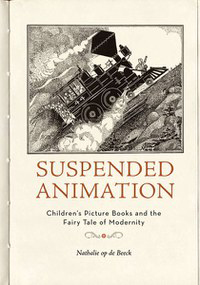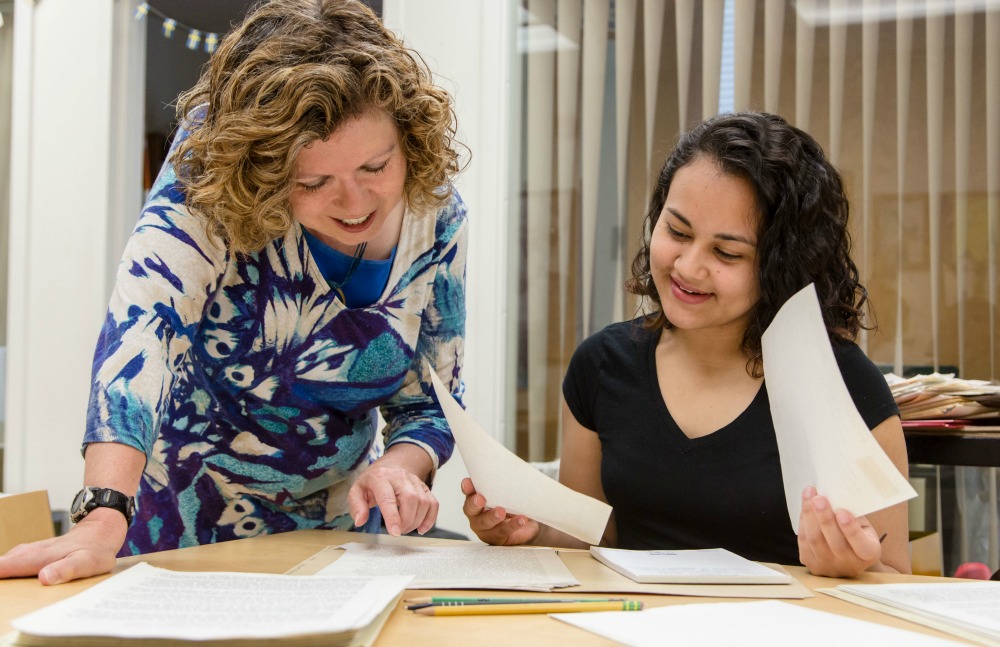Page 17 • (603 results in 0.016 seconds)
-
The fifth annual Powell and Heller Holocaust Conference at PLU will focus March 8 on the Nazi plunder of Jewish valuables, along with belated efforts at restitution.
memory of these events alive and helps students understand the importance of speaking out against intolerance and the difference one person can make. Sponsored in part by the Washington State Holocaust Education Resource Center, these sessions will give teachers some tools and best practices to effectively place the Holocaust in its historical context and teach the critical lessons we need to apply to today’s world. A Holocaust survivor from the Warsaw Ghetto, George Elbaum, will speak Friday
-
The fifth annual Powell and Heller Holocaust Conference at PLU will focus March 8 on the Nazi plunder of Jewish valuables, along with belated efforts at restitution.
memory of these events alive and helps students understand the importance of speaking out against intolerance and the difference one person can make. Sponsored in part by the Washington State Holocaust Education Resource Center, these sessions will give teachers some tools and best practices to effectively place the Holocaust in its historical context and teach the critical lessons we need to apply to today’s world. A Holocaust survivor from the Warsaw Ghetto, George Elbaum, will speak Friday
-
The fifth annual Powell and Heller Holocaust Conference at PLU will focus March 8 on the Nazi plunder of Jewish valuables, along with belated efforts at restitution.
memory of these events alive and helps students understand the importance of speaking out against intolerance and the difference one person can make. Sponsored in part by the Washington State Holocaust Education Resource Center, these sessions will give teachers some tools and best practices to effectively place the Holocaust in its historical context and teach the critical lessons we need to apply to today’s world. A Holocaust survivor from the Warsaw Ghetto, George Elbaum, will speak Friday
-
Major Minor Chinese Studies 32 credits 20 credits Environmental Studies* 40 credits 24 credits Gender, Sexuality, & Race Studies* 32 credits 20 credits Global Studies* 32 credits 20 credits
encourage and enable students to achieve global literacy defined as a multidisciplinary approach to contending perspectives on global problems, their historical origins, and their possible solutions. Go NowInternational HonorsThe International Honors Program is a rigorous alternative to the General Education Program at Pacific Lutheran University. Go NowPublishing and Printing ArtsOne of the longest running and most comprehensive undergraduate programs in publishing studies in North America. Go
-

PLU prof’s book wins ChLA Book Award Suspended Animation: Children’s Picture Books and the Fairy Tales of Modernity , has received the Children’s Literature Association (ChLA) Book Award for books published in 2010. The book was written by Nathalie op de Beeck, PLU associate professor…
modern nation. With engaging color and black-and-white illustrations from influential texts, Nathalie op de Beeck shows how these word-and-picture sequences provide deceptively simple stories within the specific historical and cultural contexts of the period between the 1910s and 1940s. Read Previous PLU professor receives Fulbright award Read Next Film Festival Series: “Most People Live in China” COMMENTS*Note: All comments are moderated If the comments don't appear for you, you might have ad
-
Dr. Edward J. Sullivan is the Helen Gould Shepard Professor of the History of Art at New York University's Institute of Fine Arts, where he also serves as Deputy Director of the Institute. Dr.
Professor of History in 1958. He was chairman of the Department of History from 1963 until 1973, and served as faculty representative to the Board of Regents during the 1972-73 academic year. He was author of The Lamp and the Cross: Sagas of Pacific Lutheran University from 1890 to 1965 (1965) and Now or Never: Reflections of the Fullness of Time (1957), and contributed numerous articles to historical and religious journals. One of Dr. Schnackenbergs most frequently expressed wishes was that Pacific
-

Paul Fritts Endowed Chair; Assistant Professor of Music, Organ | School of Music, Theatre & Dance | jjm@plu.edu | Justin J.
J. Murphy-Mancini Paul Fritts Endowed Chair; Assistant Professor of Music, Organ he/him/his Email: jjm@plu.edu Professional Biography Education Doctor of Philosophy, Composition, University of California, San Diego, 2019 Master of Music, Historical Performance, Oberlin Conservatory of Music, 2014 Bachelor of Music, Composition and Organ Performance, Oberlin Conservatory of Music, 2014 Bachelor of Art, Philosophy, Oberlin College, 2013 Areas of Emphasis or Expertise Applied organ lessons Class
Contact Information -

Paul Fritts Endowed Chair; Assistant Professor of Music, Organ | Music | jjm@plu.edu | Justin J.
J. Murphy-Mancini Paul Fritts Endowed Chair; Assistant Professor of Music, Organ he/him/his Email: jjm@plu.edu Professional Biography Education Doctor of Philosophy, Composition, University of California, San Diego, 2019 Master of Music, Historical Performance, Oberlin Conservatory of Music, 2014 Bachelor of Music, Composition and Organ Performance, Oberlin Conservatory of Music, 2014 Bachelor of Art, Philosophy, Oberlin College, 2013 Areas of Emphasis or Expertise Applied organ lessons Class
Contact Information -
PLU Class of 2009 Hispanic Studies and Global Studies Double Major Studied away in Oaxaca, Mexico and Oviedo, Spain Current: Assistant Director for the Henry M.
Hispanic Studies and Global Studies. While attending PLU, I had the opportunity to study abroad for one month in Oviedo, Spain and two semesters in Oaxaca, Mexico. Oviedo was a great experience that strengthened my Spanish and allowed me to see beautiful places of cultural and historical importance; however, Oaxaca remains the program and place that has had the greatest impact in my life. Living and studying in Oaxaca for 4 months during my sophomore year, and then again during my junior year, gave me
-

First, we are glad that you chose PLU. Our mission is to prepare students for lives of thoughtful inquiry, service, leadership, and care – and we definitely care about you and your growth as a learner, a person, and a historian. Whether you are starting…
, welcome!Are you at the point where you think that a history major is the right path for you? Maybe your interest in the past started well before you joined the PLU community, but your studies here have confirmed it. Perhaps you did not have much enthusiasm for historical learning before you took a class here but suddenly realized that “just memorizing things” is NOT the way we engage history at PLU. Whatever your reasons are, we know they are good! You want to declare a major. Start on the smooth path
Do you have any feedback for us? If so, feel free to use our Feedback Form.


